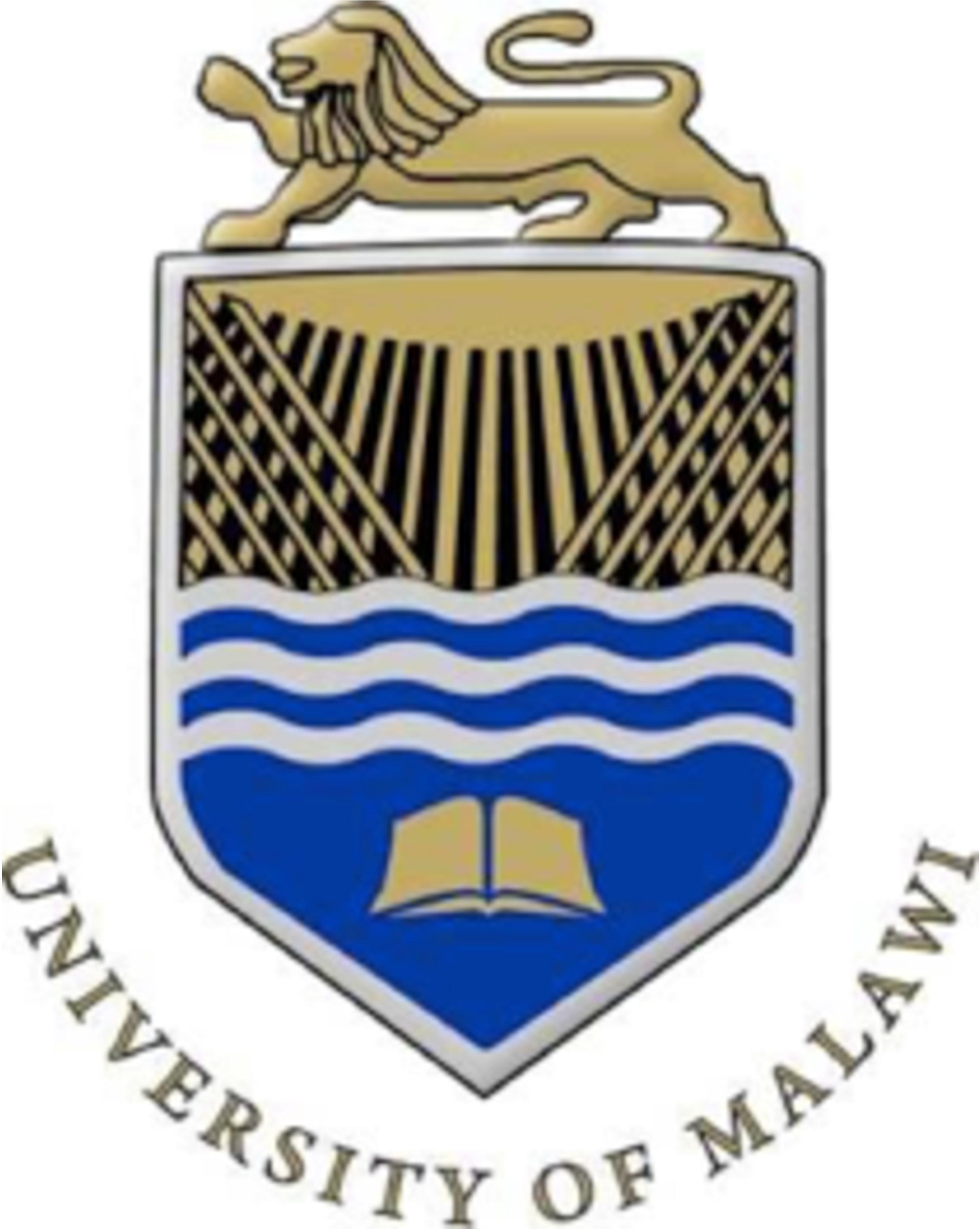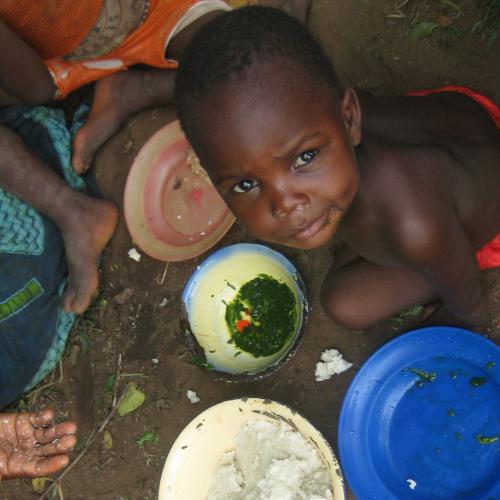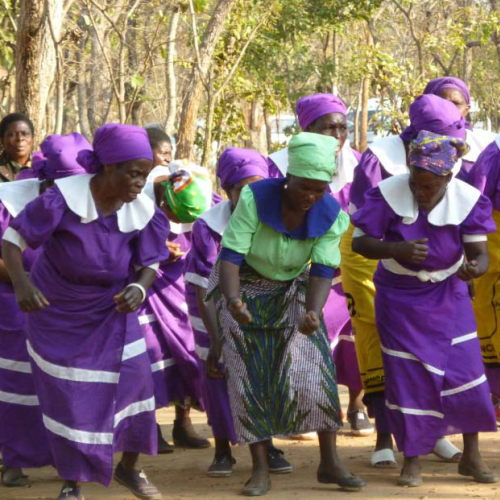Malawi Epidemiology and Intervention Research Unit and University of Malawi - Polytechnic
Based in one of SHARE's two focus countries, Malawi, SHARE formally welcomed the Malawi Epidemiology and Intervention Research Unit (MEIRU), previously known as the Karonga Prevention Study, and the University of Malawi (UoM) - Polytechnic as partners for our second phase (2015-2018) in January 2015. This partnership with SHARE formed the basis for their expanding research on sanitation and hygiene, and its effects on health. They explored the impact of community-based WASH and food hygiene interventions on diarrhoeal disease in young children.
MEIRU
The MEIRU programme started in 1979, initially studying the incidence and risk factors of leprosy. Over the years, the research focus has been on tuberculosis, HIV and non-communicable diseases (NCDs), with studies in infectious disease epidemiology, demography, immunology and genomics. MEIRU is a partnership between the Malawi College of Medicine, LSHTM and the Malawi Ministry of Health.
A major focus is NCD research, which has been prompted by their rapid rise in Africa including among young people. The Government of Malawi has also placed this area of research high in their priority.
University of Malawi - Polytechnic
Established in 1965, the UoM has five faculties and its multi-disciplinary nature puts the Polytechnic in a unique position to meet the multi-faceted needs of industries and developmental needs of the society at large. The Polytechnic's vision is to be a centre of excellence in the provision of scientific and technological education and training for sustainable development and, to realise this, it established a Centre for Water, Sanitation, Health and Appropriate Technology Development (WASHTED) in 2003.
WASHTED's vision is to be a resource centre for capacity building in water and sanitation, and environmentally sound and sustainable development and management of water resources in Malawi. Its mission is to contribute towards the objectives of the water and sanitation Global Goals and the Malawi Growth and Development Strategy II. The Centre has active partnerships with the University of Strathclyde, UNICEF, the World Health Organization, the Government of Malawi, and various NGOs.
SHARE's National Coordinator in Malawi was Dr Tracy Morse. Based at WASHTED in the Malawi Polytechnic, Tracy is a Research Fellow with the University of Strathclyde (UK) and has been based in Malawi since 2000. She manages a multidisciplinary international research group on public health interventions, and has extensive experience of fieldwork and project management. Contact her here.



